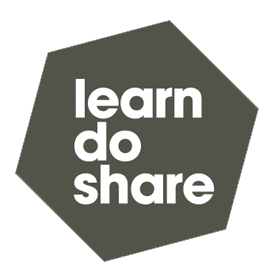We’re excited to announce Civic Innovation Lab Los Angeles, a new collaboration with Hub LA and the City of LA. Part design lab, part community caucus, part accelerator of urban solutions, Civic Innovation Lab at Hub LA is dedicated to the development of real solutions designed with and for communities throughout Los Angeles.

The Lab’s mission
- Prototype new ways citizens can productively work with government. Engage community designers, developers, nonprofit leaders, artists, activists, data scientists, policy makers, academics, and entrepreneurs to tackle city-wide challenges that impact housing and education, small businesses, neighborhood stabilization, and transportation
- – Use Open Data to create solutions that further our local economy and better our communities
- – Demonstrate a stakeholder engagement process of designing with and for end users
